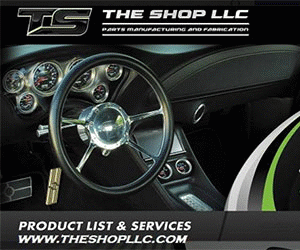
According to recent estimates, new cars lose around 20% of their value in the first year alone, depending on the make and mileage. Buying a certified used vehicle for your personal or business use makes sound financial sense, and three to five years is the ideal age from a monetary standpoint -- enough time has passed for the major depreciation to have taken place, but unless it has been badly used, mechanical problems remain unlikely.
However, many people feel that there’s an element of risk in purchasing a pre-owned car. What are the essential checks you’ll need to carry out before you decide to purchase any pre-owned vehicle to give you peace of mind and ensure that you’ve secured a great bargain?
Vehicle History Report
This is the first thing to check when you think you’ve found the car you’re looking for. Reputable dealers, such as King of Cars in Houston will provide vehicle history reports as standard. However, if the dealership doesn’t, you should obtain one yourself. Information is gathered from multiple sources, such as state registration records, police departments, and car hire services. For around $35, and it can provide reassurance that the vehicle has never been reported as being damaged in an accident, stolen, or flooded. The only thing to bear in mind is that these reports are not 100% infallible as they only detail accidents etc that have been reported.
Mechanical Inspection
A no-brainer. Get it thoroughly inspected by a professional mechanic, and preferably by one who’s experienced in working with that brand, so they’ll be on the lookout for typical issues. Yes, there’ll be a cost for this, but it can save you from a bad decision which could cost you a lot more in the long run.
Warranty
Any reputable dealer will offer a warranty free-of-charge, to cover at least the first 3,000 miles (typically around 3 months of driving), with the option to purchase extended warranties beyond that. Keep in mind that the price of the warranty may be negotiable – it never hurts to try! After the inital period, it can be worth purchasing an extended warranty, but check that it covers what you need – and at what cost. A warranty won’t necessarily mean that all repairs will be carried out for free!
Total Cost
Be sure you’re clear about how much the vehicle is actually going to cost. Not just the list price, and the down payment, but the total – including all fees, taxes, and warranties, plus the eventual cost of any finance deals you’re considering. This is the only way to be sure that you’re really getting the best deal.
One tip – negotiate with the dealer on the basis that you’ll be financing the purchase through their scheme, as they’ll be more likely to want to secure the deal even at a lower price, as they’ll recoup the difference via the loan. Once the price has been agreed – that’s a great moment to announce you’ve changed your mind and will be paying the full amount.






Comments